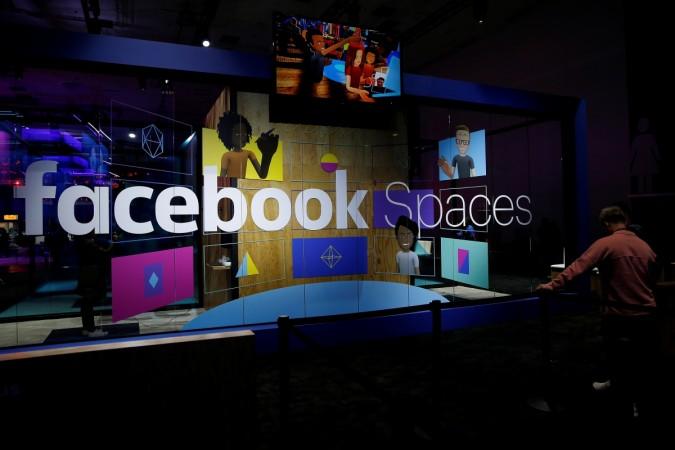
The monopoly enjoyed by Facebook in the advertising market may end soon as Twitter and Snapchat would grow at the expense of Mark Zuckerberg's social media platform, says GBH Insights analyst Daniel Ives.
"We believe there are a confluence of factors that have catalyzed the growth prospects of both Twitter and Snapchat in the near-term, with some of this momentum clearly happening at the expense of the Facebook platform," Daniel Ives, head of technology research at GBH, said in a note to CNBC.
#twitter - Twitter, Snap will grow at the expense of Facebook, analyst predicts - CNBC https://t.co/tIXgClifYd pic.twitter.com/t5A1uNyFRn
— Tw1tter's Demise (@Tw1tterDemise) February 21, 2018
In Ives's opinion, now after only advertising on Facebook, 15-20 percent of social media advertisers are experimenting with Twitter ads, which should add about 1.5 percent to 2 percent of extra advertising growth.
Despite the negative reviews of the app's redesign, Snapchat has also become more attractive to advertisers, Ives noted. The unpopular redesign will benefit it in the long run and ultimately bring in more users, he predicted.
Ives said Facebook is still a "favorite name" on the social media platforms due to its larger user base of more than 2.1 billion.
Facebook's revenue in the fourth quarter, ending on December 31, 2017, rose 47 percent to $12.97 billion, from $8.81 billion in the same period in the last year. While presenting the December quarter result, Facebook chief executive officer Mark Zuckerberg acknowledged that its active user base in the United States and Canada was down for the first time ever. The aggregate time spent on Facebook also fell.
While talking about advertisements in social media platforms, it is important to note that last week one of the world's top advertiser, Unilever made it stands clear that the company would slash its spending on online advertisements if the social media platforms including Facebook, Twitter, Snapchat, and Google don't get rid of racist and extremist content.
The chief marketing officer of Unilever, Keith Weed said the company will not invest globally in online platforms that create division.
















